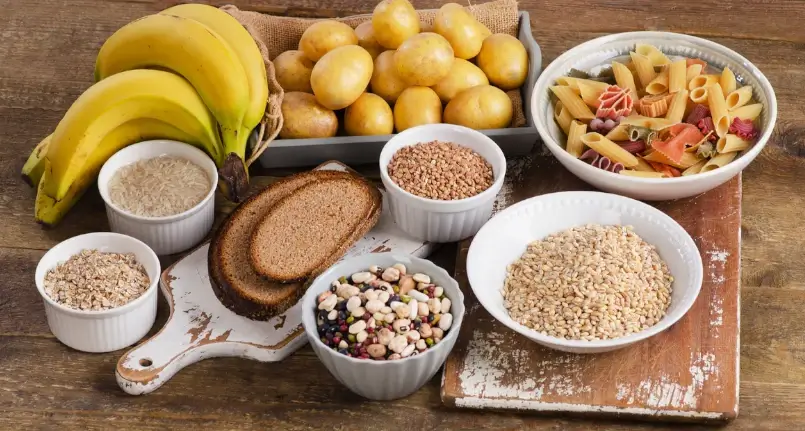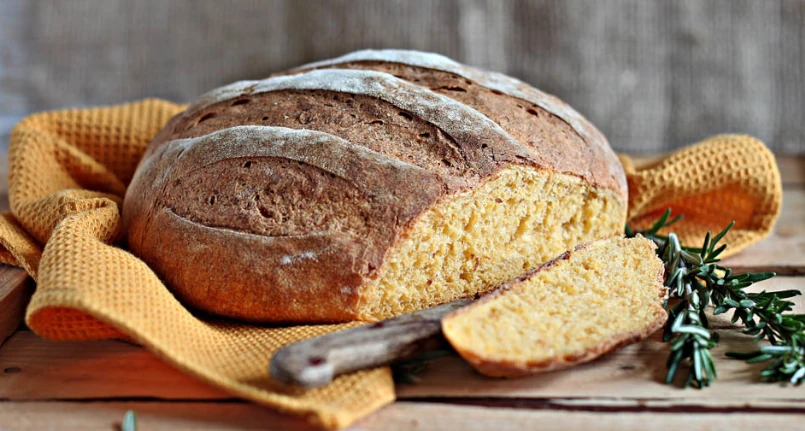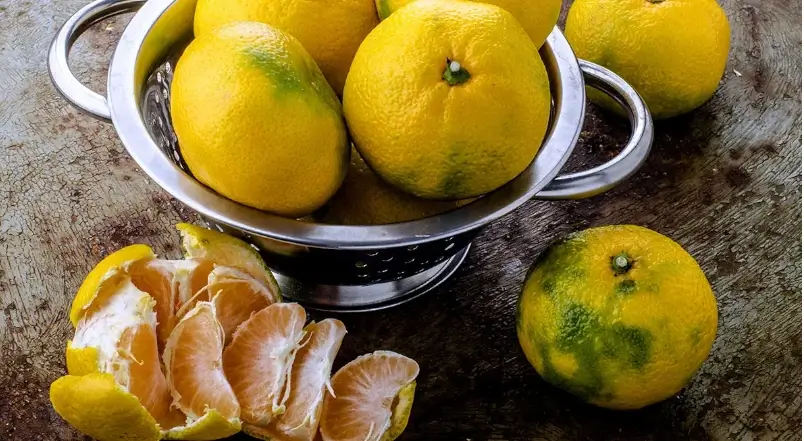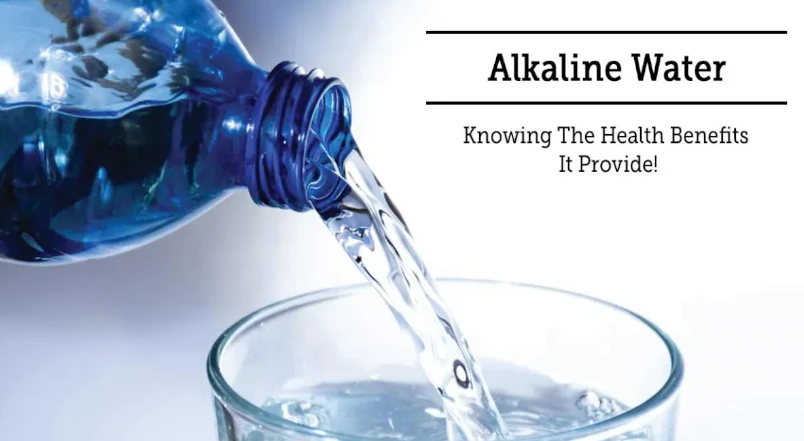Introduction
It is wrong to consider vegetables as calorie -free foods to add to the daily diet. While many vegetables have very few calories per serving, some are high in carbohydrates and provide energy in the form of starch , particularly potatoes , corn , peas , and squash. Depending on their composition, carbohydrates are divided into simple, double or multiple sugars . Single and double sugars are those found mainly in sweets , for example chocolate and honey . Polysaccharides , on the other hand , are mostly found in whole foods . So what about complex carbohydrates , such as those found in legumes or whole grains that have a low glycemic index, for example, blood sugar rises more slowly because less insulin is produced , which allows you to avoid the risk of glycemic peaks , and to counteract diabetes and metabolic diseases.
Carbohydrates in vegetables
| Lentils | 41g | |
| Beans | 36 g | |
| Chickpeas | 44 g | |
| Peas | 12 g | |
| Carrots | 5 g | |
| Pumpkin | 5 g | |
| Beet | 9 g | |
| Sweet corn | 16 g | |
| Eggplant | 3 g | |
| Broccoli | 3 g | |
| Chicory | 2 g | |
| Green beans | 5 g | |
| Cucumber | 2 g | |
| Cabbage | 4 g | |
| Lettuce | 1 g | |
| Green peppers | 3 g | |
| Brussels sprouts | 4 g | |
| Rocket | 2 g | |
| Asparagus | 2 g | |
| Spinach | 1 g | |
| Tomatoes | 3 g | |
| White cabbage | 4 g | |
| Cabbage | 2 g | |
| Zuchinis | 2 g |
Starchy vegetables
Often classified as “starchy,” vegetables like potatoes, sweet corn, peas, and squash provide more calories in the form of carbohydrates than non-starchy vegetables like spinach, broccoli, or cauliflower . Even if it is only by consulting a dietician that it will be possible to establish which foods are most suitable for each individual person according to the various biological factors and pathologies present, the fact that some vegetables are rich in carbohydrates is not a valid reason to eliminate them from one’s diet . Even if you are following a low-carb diet, the complex carbohydrates in starchy vegetables are great for fueling your body and providing essential nutrients .you need for different functions.
All vegetables have a percentage of carbohydrates , but some vegetables are richer in them. These are what are classified as starchy vegetables, namely potatoes, corn, peas and squash. While some people try to avoid carbohydrates to control blood sugar or weight , nutrition specialists point out that the fiber content of many vegetables slows digestion and prevents blood sugar spikes. Fiber will also help keep you feeling full until your next meal.
Potatoes, Sweet Corn, Batternut Squash and Peas
Potato: One medium baked potato has about 168 calories, and 37 grams of carbohydrates. Of those carbohydrates, 4 grams are fiber and less than 2 grams are sugar. Although potatoes are not considered a vegetable, they are still a food that offers many nutritional benefits. One medium baked potato has 20% of your daily potassium needs , 10% of your daily iron needs , 12% of your daily needed magnesium , and 16% of your daily needed vitamin C. Sweet corn, often added to saladsor to vegetable side dishes, it is counted among the vegetables with a high carbohydrate content. 100 grams of cooked sweet corn (usually sold in tins), contains 143 calories. Those calories come mostly from corn’s 31.3 grams of carbohydrates, of which 3.6 grams are fiber and 6.8 grams are sugar. Corn provides about 4% of the daily requirement of iron, 7% of potassium, 9% of magnesium, 8% of zinc and 9% of the daily requirement of vitamin C.
Another high-carb vegetable is peas . They are part of the legume family , and like their “relatives” lentils and chickpeas , they have a high content of “good” carbohydrates. 100 grams of peas have 117 calories, with 21 grams of carbohydrates. Of these carbohydrates, 8.3 grams are fiber and 8.2 grams are sugar. They are rich in minerals such as potassium, magnesium, zinc, vitamin C and vitamin K. Finally, the Butternut Pumpkin, with 82 calories per 100 grams and with 21.5 grams of carbohydrates, of which 6.6 grams are fiber and 4 grams are sugar. Pumpkin offers a wide range of nutrients, including 6% calciumnecessary daily, but also good doses of iron, potassium, magnesium, vitamin A , vitamin C and vitamin E .




